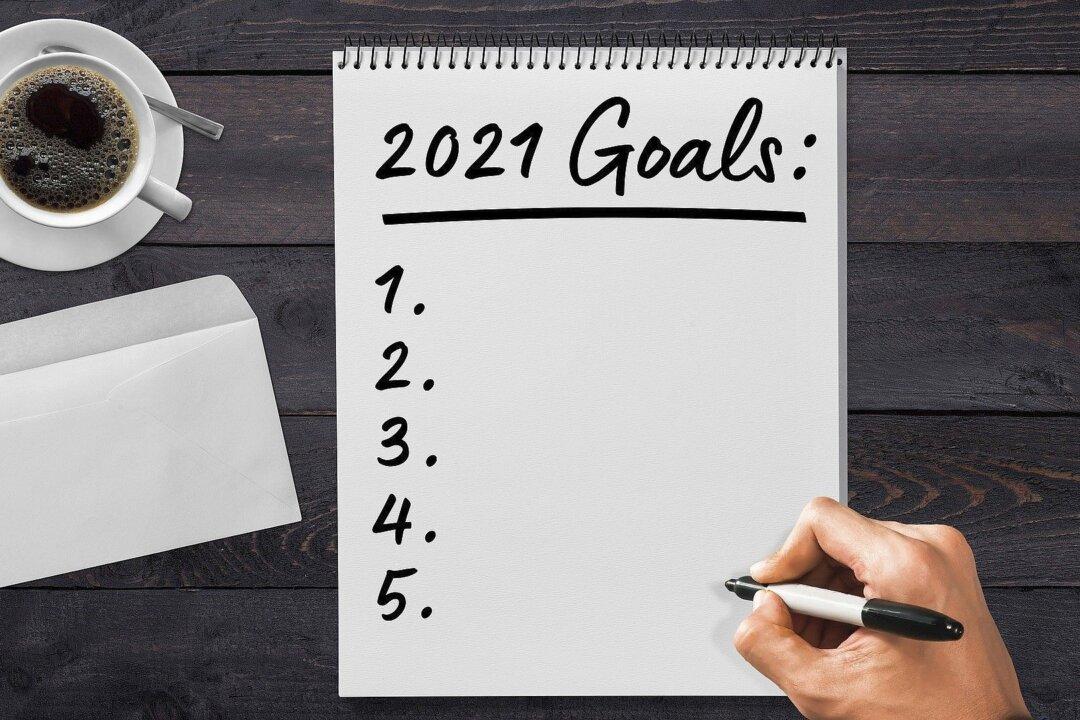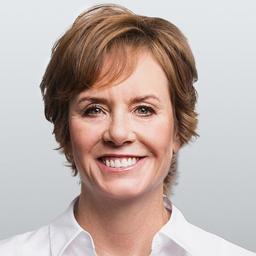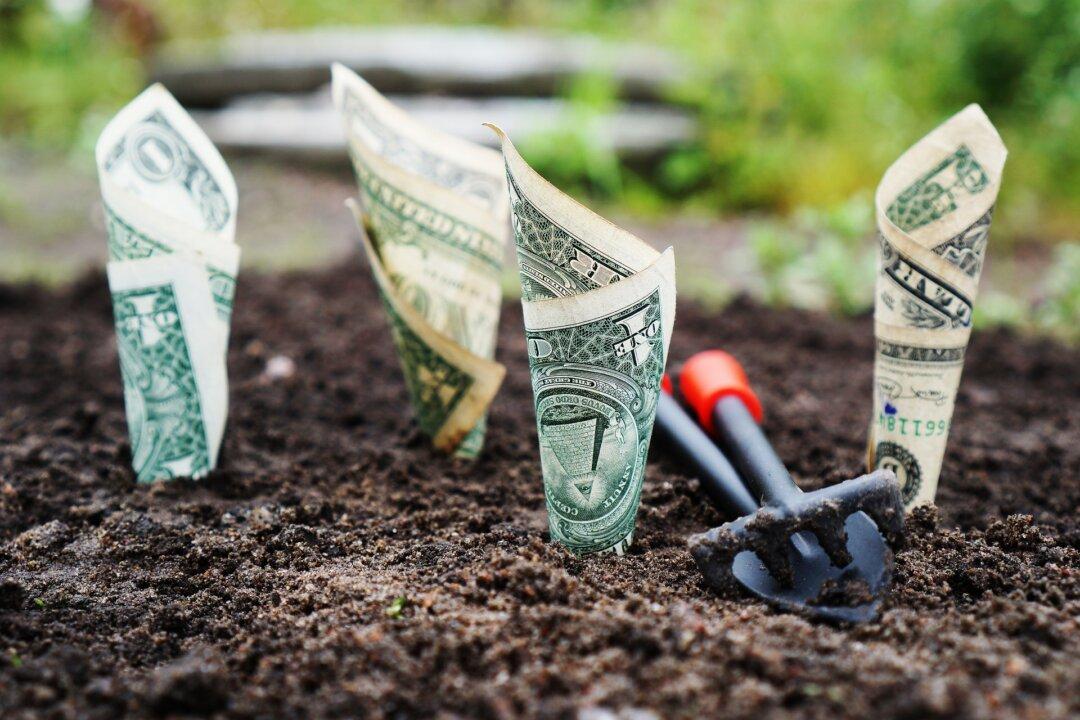Dear Readers, at the beginning of each new year, I’m filled with a sense of new direction. At the same time, I like to look back at the previous year, evaluate what worked, and make a fresh commitment to keep going on whatever path proved most successful.
One of the things that was a real boost to me in 2016 was a 30-day food cleanse that left me feeling stronger and more in control of my physical health. I turned that idea of a physical cleanse into a 30-day financial cleanse, with the goal of giving people a way to supercharge their financial health. The response I got was so positive that I decided this is one of those ideas that really should be repeated.





